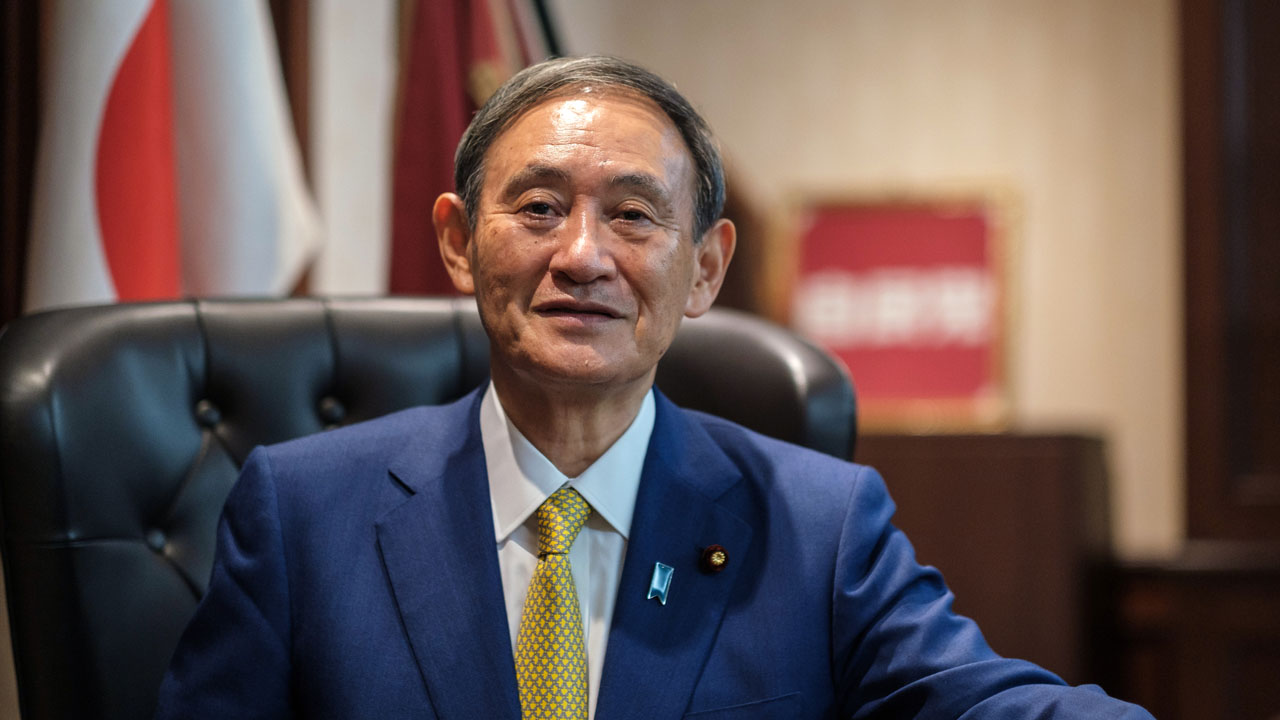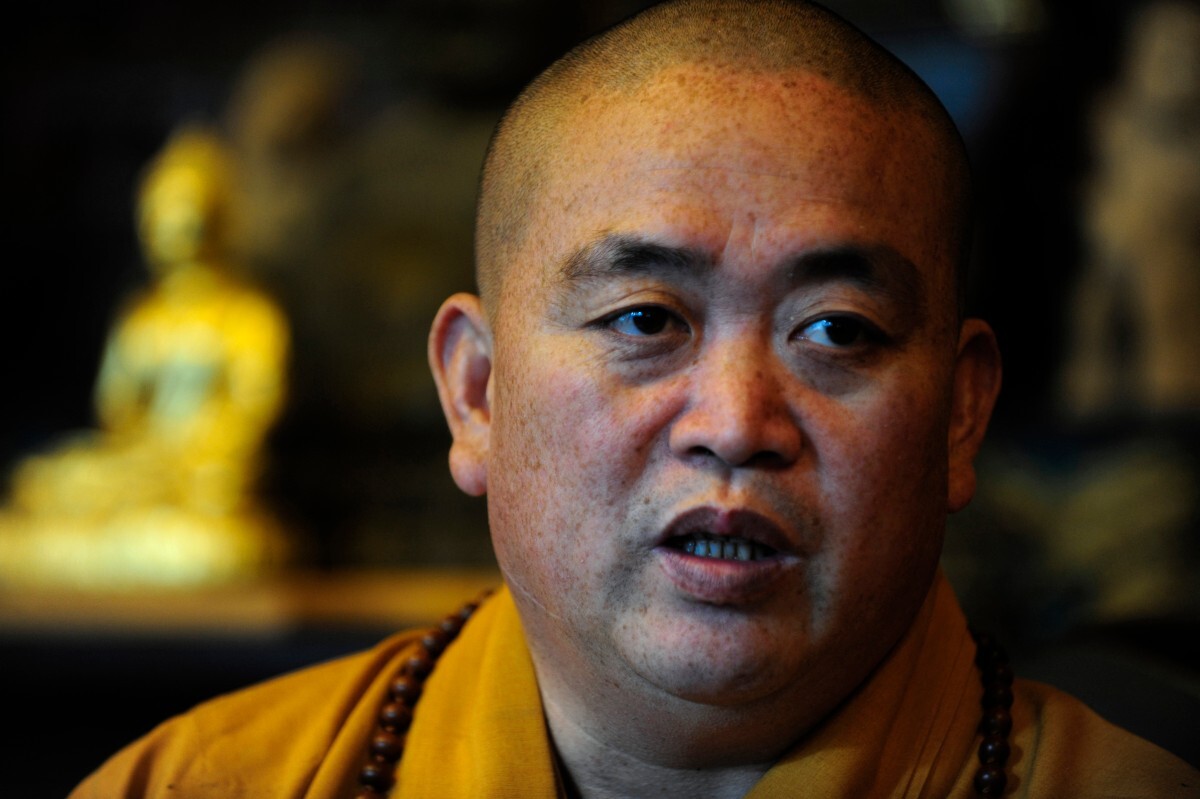
Yoshihide Suga became Japan’s new prime minister on Wednesday, with the former chief cabinet secretary expected to stick closely to policies championed by Shinzo Abe during his record-breaking tenure.
Suga, 71, won an easy victory in a parliamentary vote, where his ruling Liberal Democratic Party (LDP) holds a commanding majority.
He bowed deeply as lawmakers applauded his win, but made no immediate comment. He is not expected to speak until late Wednesday when he gives his first press conference as prime minister.
Suga’s new cabinet was announced shortly after the vote, with several ministers keeping their jobs, including Foreign Minister Toshimitsu Motegi and Finance Minister Taro Aso.
Abe’s brother Nobuo Kishi, who was adopted by his uncle as a child and carries his surname, is the new defence minister, replacing Taro Kono, who becomes administrative reform minister.
Suga is seen as a continuity candidate and has said his run was inspired by a desire to pursue Abe’s policies, although analysts warned of challenges ahead.
“Tough issues are mounting before the Suga cabinet,” said Shinichi Nishikawa, a professor of political science at Meiji University in Tokyo.
“The coronavirus is the top priority to tackle. On the diplomatic front, there are many uncertain factors, including the US presidential election,” he told AFP.
Abe formally resigned earlier Wednesday along with his cabinet, ending his record run in office with a year left in his mandate.
He was forced out by a recurrence of ulcerative colitis, a bowel disease that has long plagued him.
Tokyo stock markets were largely unmoved by Suga’s election, and no major policy changes were expected when the Bank of Japan ends a two-day meeting on Thursday.
‘This is my mission’
Suga has spent decades in politics and has a reputation for pushing government policies through a sometimes intractable bureaucracy.
He doggedly defended the government as its chief spokesman, including in sometimes testy exchanges with journalists.
His upbringing, as the son of a strawberry-farmer father and schoolteacher mother, sets him apart from Japan’s many blue-blood political elites.
But while he has championed some measures intended to help rural areas like his hometown in northern Japan’s Akita, his political views remain something of a mystery.
He is viewed as more pragmatic than ideological, and during his campaign spoke more about the need for administrative reforms than any grand guiding principles.
Suga has said kickstarting the economy, which was already in recession before the pandemic, will be a top priority, along with containing the virus — essential if the postponed Tokyo 2020 Olympics are to open as planned in July 2021.
His recipe for doing that? More of the same.
“In order to overcome the crisis and give the Japanese people a sense of relief, we need to succeed in what Prime Minister Abe has been implementing,” Suga said after being elected LDP leader on Monday.
“This is my mission.”
‘All my strength’
His cabinet was seen as evidence of those plans, with a slew of familiar faces, among them just two women — the Olympics and justice ministers — down from the three who served in Abe’s last government.
Suga is expected to stick with his predecessor’s signature “Abenomics” programme of vast government spending, massive monetary easing and the cutting of red tape.
And on the foreign policy front, where Suga is a relative novice, he is also likely to tread the path charted by Abe, prioritising the key relationship with the United States, regardless of who is president after November’s election.
Relations with China may prove trickier with a global hardening of opinion against Beijing after the coronavirus and unrest in Hong Kong.
There has been speculation that Suga could call a snap election to consolidate his position and avoid being seen as a caretaker prime minister, but he has been circumspect on the prospect.
Abe, who served as prime minister for a total of eight years, will stay on as a lawmaker, with some mooting the possibility he could undertake diplomatic missions.
On Wednesday morning as he prepared to resign, Abe said he had given “all my strength” and was ending his tenure “with a sense of pride”.
“I owe everything to the Japanese people.”






